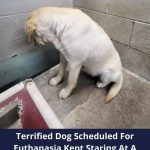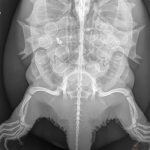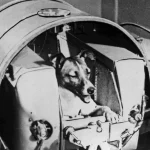After Nearly a Century, Galápagos Tortoise Becomes a First-Time Mother at Philadelphia Zoo
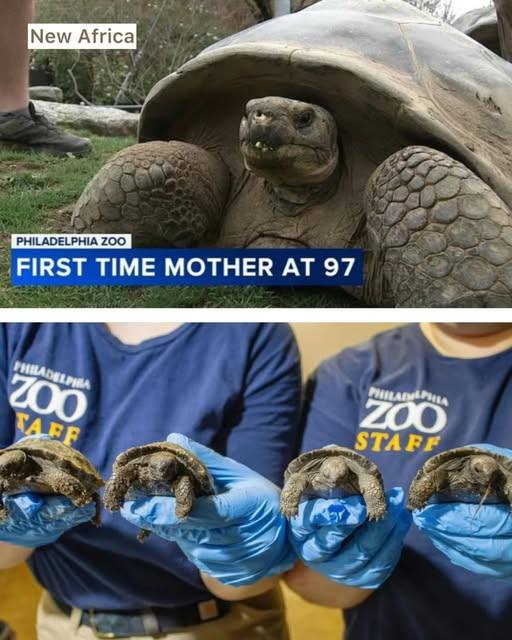
After Nearly a Century, Galápagos Tortoise Becomes a First-Time Mother at Philadelphia Zoo
In a moment of awe and celebration, the Philadelphia Zoo has welcomed a conservation milestone nearly a century in the making. A Western Santa Cruz Galápagos tortoise, a critically endangered species, has become a mother for the first time — at nearly 100 years old.
The elderly tortoise, who arrived at the zoo in 1932, laid four healthy eggs that successfully hatched, marking an extraordinary achievement in both age and species preservation.
This is the first time she has given birth, despite decades in human care. The news is remarkable, not just because of her advanced age, but because reproduction among Galápagos tortoises in captivity is extremely rare. These animals can live more than a century, and they do so with grace, patience, and resilience.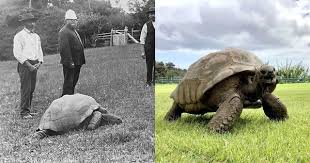
Zoo staff and conservationists are calling this a beacon of hope for biodiversity.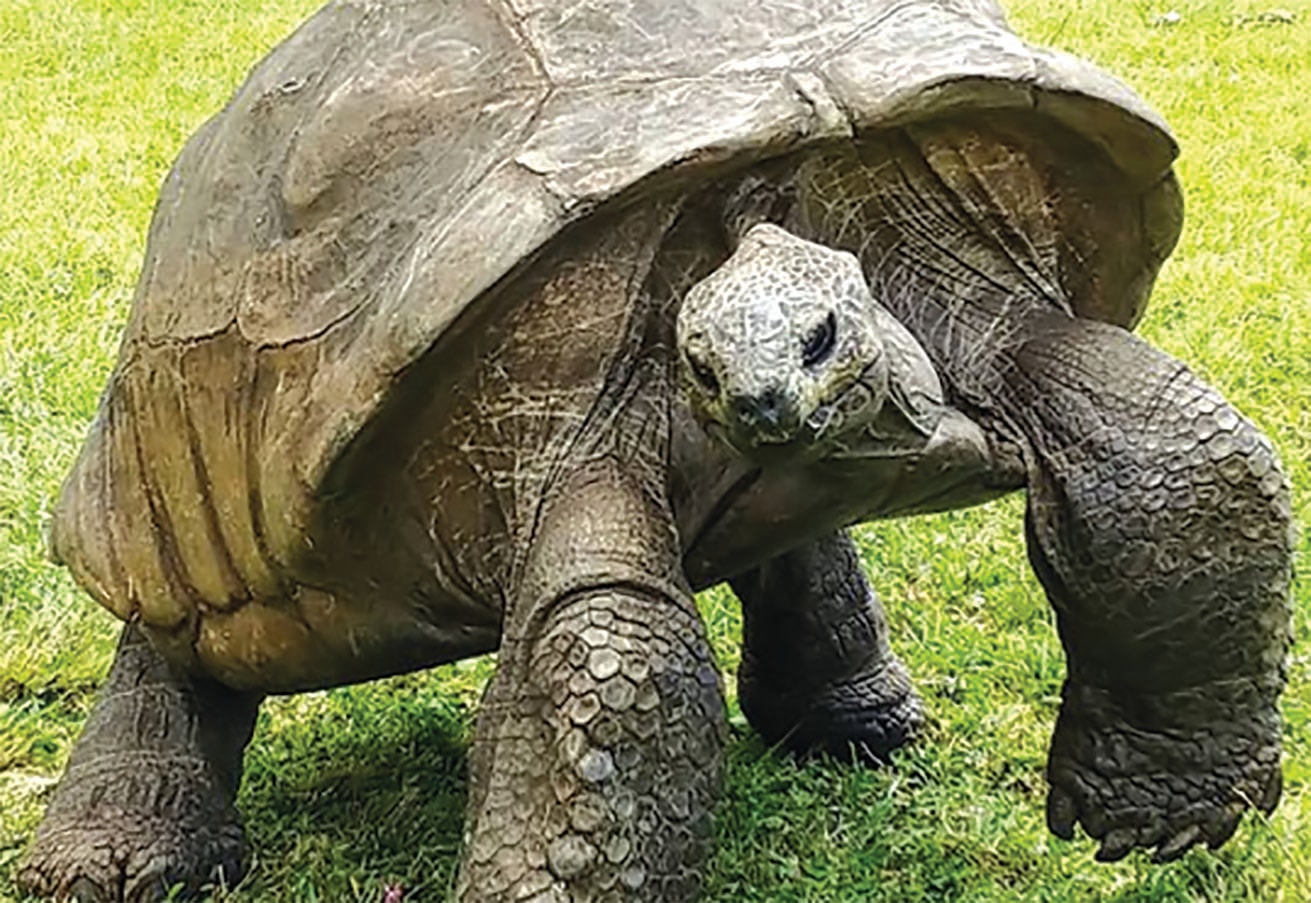
Western Santa Cruz Galápagos tortoises are listed as critically endangered due to habitat loss, invasive species, and human interference. Breeding in zoos is often complicated by the species’ slow maturation and selective mating behaviors.
To witness a birth under these conditions is both scientifically significant and emotionally moving.
“The birth of these hatchlings is a testament to the power of perseverance, long-term care, and conservation,” said a spokesperson from the zoo.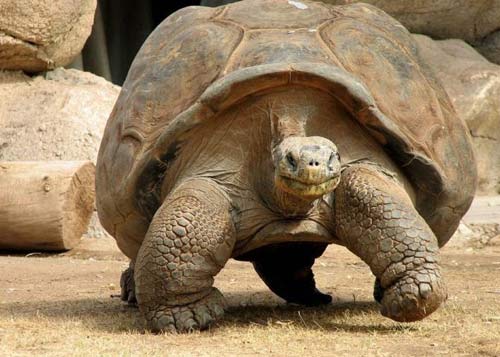
The baby tortoises are being closely monitored, and all are said to be thriving. They represent not only the future of their species but a triumph of dedicated conservation efforts over generations.
After nearly 100 years, this tortoise has done more than survive — she’s left a legacy.



